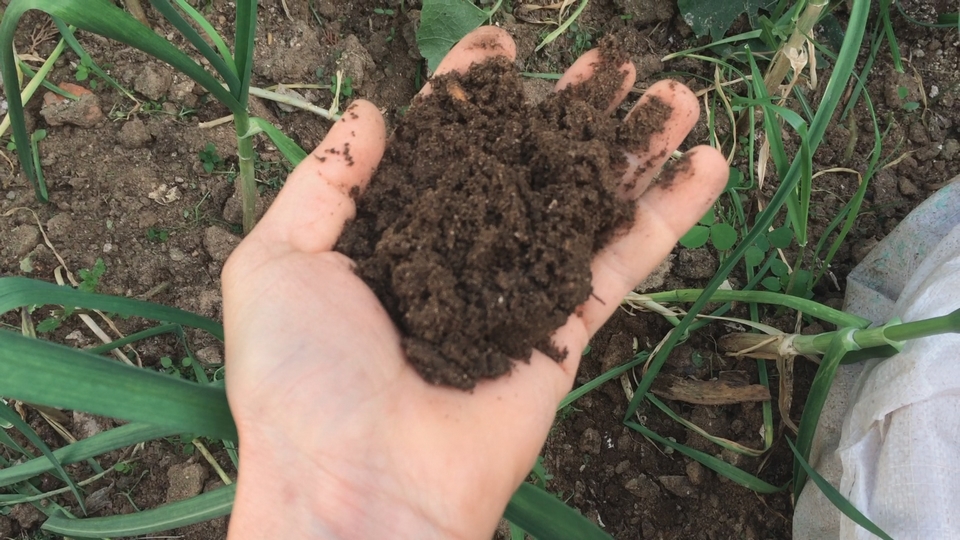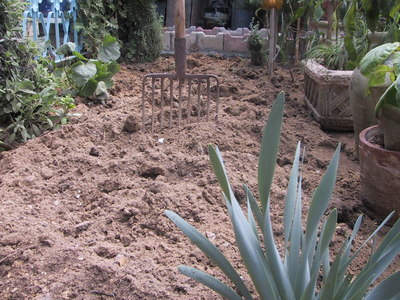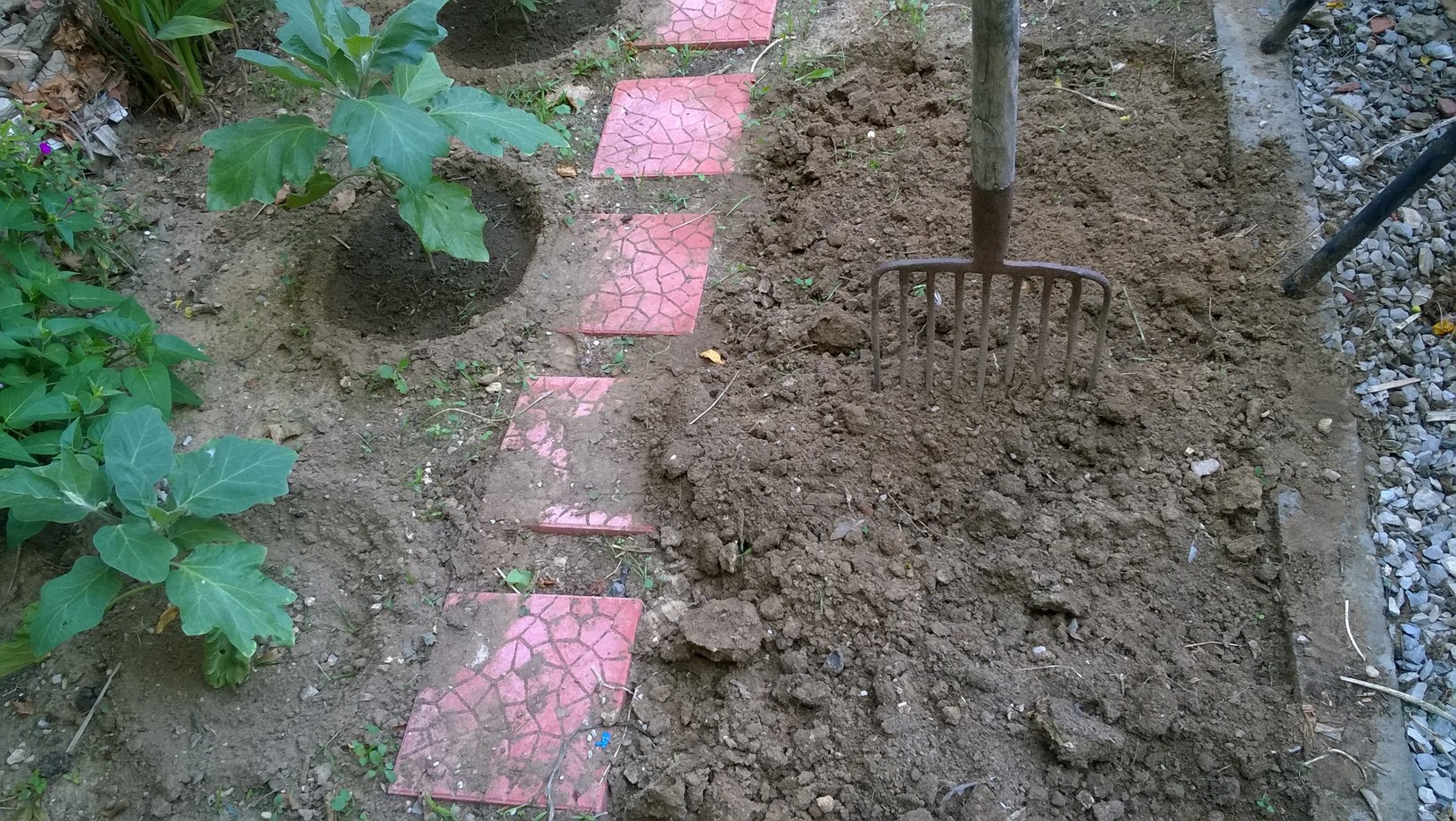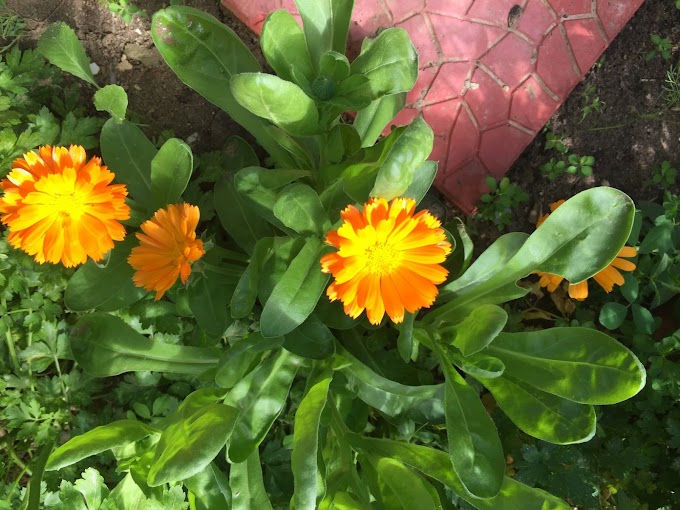
Organic fertilizer is a plant, animal, or mineral that is applied to the garden without any processing. The advantage to this form of fertilization is that not only are main nutrients added to the soil but organic matter and humus, as well. Organic matter improves soil structure, moisture retention, drainage, and the microbial life of the soil. An adequate amount of organic matter in the soil can help ensure that nutrients are available to plants on a steady basis and that the soil structure enhances root growth. If you have sandy soil, you can increase its water- and nutrient-holding capacities by adding organic matter and If you have heavy clay soil, adding organic matter will make it more workable.
. Difference Between Organic And Synthetic Fertilizes .
. Organic fertilizers are made from materials derived from animals or plants.
Animal based nutrients include: Worm castings, manure, fish meal, blood meal, and bone meal.
Plant based nutrient providers include: Compost, alfalfa meal, cottonseed meal, soybean meal, wood ash and seaweed.
. Synthetic fertilizers are usually made by chemical reactions that produce ammonia, the basic building block used for the synthesis of other needed compounds. Synthetic fertilizers can also be made from natural sources, like rocks and minerals.
There are dozens of organic fertilizers available, each with different characteristics.
. These Are My Top 3 Fertilizers .
1. Compost
Compost is rich in nutrients. It is used in gardens, landscaping, horticulture, and agriculture. The compost is beneficial for the garden in many ways, including as a soil conditioner, a fertilizer, addition of vital humus or humic acids, and as a natural pesticide for soil. By making your own compost fertilizer, you not only use your waste, you recycle and reuse most of your household waste and turn them into fertilizer. This helps the nature in its cycle of ecosystem.
2. Manure
The oldest of all fertilizers and still is the best is { Manure}. In addition to its nitrogen and other food content, it is high in humus and contains bacteria which improve the soil.
This is how i use chicken manure as an organic fertilizer and the result is very good. BUT make sure you are careful when adding manure to the garden!
3. Fish Meal
Fish Meal is consists of waste from fisheries after all the human food material is removed, or made from fish not suitable for human consumption,it is a brown powder from pressing the fish to remove the fish oil. Fish Meal is a high nutrient, organic fertilizer with a nitrogen-phosphorus-potassium ratio {N-P-K} of 10-2-2.

The most effective way to measure your fertilizer needs is to start with an evaluation of your soil. You can take a sample and send it to a lab for analysis or purchase a soil test from your local nursery. This will tell you what nutrients you have, and which ones your garden is lacking and the appropriate additives you’ll need. You can build better garden soil by applying the right types and amounts of organic fertilizers. But, before you use any fertilizer, it is important to address two techniques to maintain nutrients in the soil.
Crop Rotation
Crop rotation helps manage soil fertility and also assists in avoiding or reducing problems with soil-borne diseases and aggressive soil-dwelling insects. Different crops have different nutrient requirements and affect soil balance differently. A general guideline for regulating soil nutrients is to avoid planting the same general category of crop {leafy, root, and legume} back-to-back in the same location.
Cover Crops
Planting a cover crop will help suppress weeds, build a productive, fertile soil, and assist in managing water, pests and diseases,as it takes nitrogen from the air and puts it back into the soil. Both of which are a highly recommended practises to accompany any fertilizing routine.
. Organic Fertiliser Benefits .
Organic fertilizers have many benefits for the soil. Unlike chemical fertilizers, organic fertilizers reduce acidity in the soil and do not cause leaching. They do not kill beneficial microorganisms in the soil. Organic fertilizers also help improve the structure of the soil including the circulation of air, which sustains beneficial microorganisms that help release nutrients to the soil. Organic fertilizers make the living soil rich and nutritious for the plants to grow. the ingredients of the organic fertilizers come from all natural, chemical free nutrients that is not only good for the plants to grow naturally but also helps the nature to keep its balance and reduce negative impacts caused by harsh chemical fertilizers .
Organic fertilizers provides nutrients necessary for plant growth, with the benefit of being slower-acting and gentler than chemical fertilizers, so that you are less likely to overfeed and chemically burn your plants. Organic fertilizers are not in a form that is immediately absorbed by plants, but rather must be first broken down by soil bacteria and fungi into forms that plants can absorb. This means that, unlike chemical fertilizers, organic fertilizers are not easily washed away in a heavy rainstorm or irrigation session, and that the plants get the benefit of nutrients for growth more evenly over a longer period of time rather than all at once.
Applying organic fertilizer into the soil can efficiently improve physical and chemical properties of soil, preserve fertility, and create good soil-environment for the growth of crops. While chemical fertilizers simply add water-soluble chemicals which are either absorbed by the plant roots or leach away, potentially polluting water resources, organic fertilizers add organic matter that helps the soil to retain moisture and nutrients.
. Good Plant Growth .
. Soil Improvement .
Applying organic fertilizer into the soil can efficiently improve physical and chemical properties of soil, preserve fertility, and create good soil-environment for the growth of crops. While chemical fertilizers simply add water-soluble chemicals which are either absorbed by the plant roots or leach away, potentially polluting water resources, organic fertilizers add organic matter that helps the soil to retain moisture and nutrients.
. Slow Release of Nutrients .
Organic fertilizers do not contain nutrients in an easily usable form. When they are mixed into the soil, the microorganisms like bacteria that are in the soil, have to work on the fertilizer, break it up and release the nutrients. This is a slow process and so there is no danger that too many nutrients are ever available to the plant.. Long-term Benefits to the Soil .
Compared with organic fertilizers, chemical fertilizers are manufactured with the only purpose of helping the growth of a plant. As a result while they may contain a better balance of all the major nutrients that a plant needs, they also contain certain harmful elements that can cause acidity in the soil. While organic fertilizers have positive effects on all types of soil. Looser soils, such as sand, are held together better by a strong root system that nitrogen promotes. In this case, organic fertilizer helps plants grow stronger and also helps slow erosion. Soils that are denser and harder to penetrate, such as clay, may be loosened up by a similar root structure. In this case, the soil becomes more easily workable for farming and also more oxygenated to promote photosynthesis.
Organic fertilizers are ideal options for gardeners who want to get the most out of their crops without using chemicals that can seep into their food, water and the local environment.
Happy Organic Gardening


















